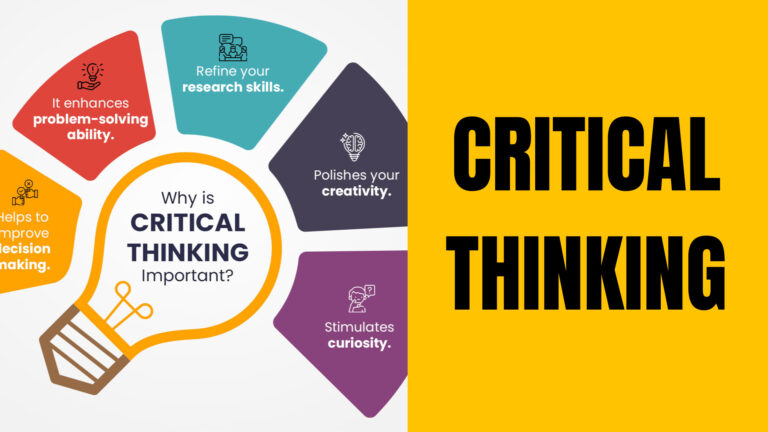
1.If you’ve ever stifled a yawn during an afternoon meeting, you’re probably familiar with the 3 p.m. slump — that dreaded time of the day when it’s too early to clock out and too late to focus on work. Those post-lunch hours slow most people down, according to a new global survey from Salesforce subsidiary Slack and research firm Qualtrics.
2.Seventy-one percent of workers agree the late afternoon is the worst time for work, with productivity plummeting between 3 and 6 p.m., according to the survey of more than 10,000 desk workers and executives. Biology is partly to blame. Drowsiness in the late afternoon is part of the body’s normal circadian rhythm, which dips significantly between 2 and 5 p.m., according to The National Sleep Foundation.
3.Corporate cultures also tend to view productivity as linear, says Christina Janzer, senior vice president of research and analytics at Slack. “It’s easy for us to assume that if you have an 8-hour workday, you’re going to be just as productive as you are at 8 a.m. at 3 p.m.,” she explains. “But that’s just simply not true.” If you’re tired of feeling tired every afternoon, consider these three research-backed ways to overcome the 3 p.m. slump — no caffeine needed:
4.Making time for breaks during the workday, even for just five minutes, improves employee productivity and well-being, Slack found. “Taking a short break, let’s say between 2:30 and 2:45 p.m., can help wake your brain up and transition that afternoon slump into more of a productivity zone,” says Janzer.
5.Disengaging from work even for a few minutes can keep you from getting bored and recover from any stressors that showed up throughout the day, she adds.
Pump up the jams
6.Other research finds listening to music at work can boost our concentration, mood and performance. Just as music can motivate you during a workout, it can “do the same thing before your 3 p.m. presentation,” according to Carson Tate, author of “Work Simply: Embracing the Power of Your Personal Productivity Style.”
7.Workplace experts are divided on the best genre to work with, but Srini Pillay, M.D., a musician and Harvard neuroscientist, recently told CNBC Make It that “familiar music,” or songs that you enjoy and know best, are the “most effective” for maximizing concentration.
Save easy work for the afternoons
8.It might be tempting to procrastinate on a task or adhere to an EOD deadline, but if you’re able to save that work for a different time of day or ask for an extension, you’ll probably do a better job, says Janzer. “Productivity looks different for everyone. If afternoons are not your strong suit, there’s probably a different type of work you can accomplish that requires less deep thinking,” says Janzer.
9.She suggests using the late afternoon to finish quick administrative tasks, like organizing your inbox or catching up with colleagues. Such tasks “are just as important as finishing a presentation, for example, but might be less frustrating.”






